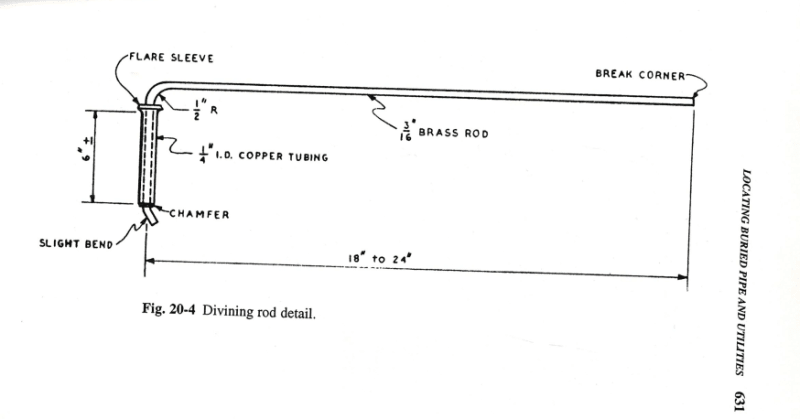roadrunner13
Civil/Environmental
Does anyone know how to locate buried pvc water pipes or sewage concrete pipes underground so to not hit them when excavating with a backhoe?
GPR could be useful, but besides being expensive, I understand it doesn't work on clayely or moist soils. Last time I checked, most soils here are clays and at least partially saturated.
Does any acoustic detector that can "hear" the water running exist?
Any other way, any other technology ? (Other than asking the water company)
? (Other than asking the water company)
"There is nothing in the desert, and no man needs nothing."
CEDEX Madrid graduate.
GPR could be useful, but besides being expensive, I understand it doesn't work on clayely or moist soils. Last time I checked, most soils here are clays and at least partially saturated.
Does any acoustic detector that can "hear" the water running exist?
Any other way, any other technology
"There is nothing in the desert, and no man needs nothing."
CEDEX Madrid graduate.

![[lol] [lol] [lol]](/data/assets/smilies/lol.gif)
